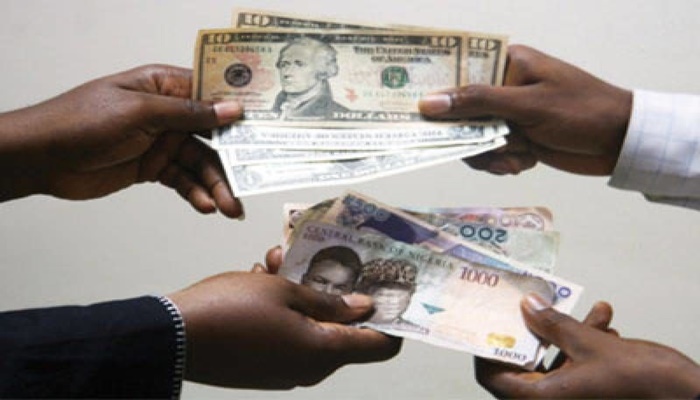
- Jail sentence proposed for holding dollars more than 30 days
The Federal Government plans to give the Central Bank of Nigeria (CBN) more power to control capital flows and prevent foreign-exchange being taken out of the country, including jail term and fines for offenders as authorities battle a shortage of dollars.
According to a Bloomberg report monitored by Business247 News Online, authorities should be able to jail for as long as two years anybody holding dollars in cash for more than 30 days, or fine them 20 percent of the amount, according to a draft amendment to Nigeria’s Foreign-Exchange Act.
The proposals were published this week on the website of the Nigerian Law Reform Commission, which reviews legislation. Regulators should also be able to prevent money being repatriated “in accordance with the terms and conditions as may be prescribed by the central bank from time to time,” the draft shows.
The existing law is “narrow in scope” and “prohibits the seizure, forfeiture or expropriation of imported money by the government without providing for exceptions,” according to the document. The amendments are necessary “for effective monitoring and control, and to ensure probity in foreign-exchange transactions in Nigeria.”
Nigeria has increased capital controls since oil prices started crashing in the second half of 2014, reducing government revenue and export earnings. Central Bank of Nigeria Governor Godwin Emefiele pegged the naira for 15 months until June this year, a move analysts blamed for causing investors to flee the country, the economy to contract in the first half of the year and the inflation rate to rise to an 11-year high.
The latest move will further worry foreign investors, according to Lagos-based SBM Intelligence. Last week, security agents threatened to arrest black-market money-traders if they exchanged the naira at a rate weaker than 400 per dollar, compared with the existing street-rate of around 460. The currency’s official exchange rate, which analysts say the central bank is still manipulating, is 315 against the greenback.
“The CBN wants to take its regulatory onus to frightening proportions,” analysts at SBM said in an e-mailed note Friday in response to the new draft law. “The move smacks of desperation and can only result in negative investor perception and capital flight.”
The central bank didn’t introduce the bill, Isaac Okorafor, a spokesman, said in a text message in response to Bloomberg questions, without elaborating.






